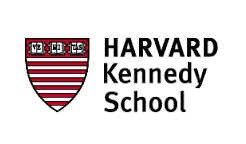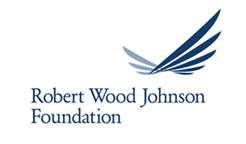Building on the brilliant article by Paul Tarini, at the Robert Wood Johnson Foundation directed to researchers in health programs (see below), I have a challenge for those of us in the Third Sector.
We’ve all heard of the Bucket Challenge, or Treasure Hunt Challenge, or even: Find a “matching funder” challenge, etc. These efforts fund important work in our communities, regions, and around the world. My challenge to those of us who work in the not for profit universe is to take a bold step to protect the rights of consent, and privacy for the people we serve.
Adopt the California Consumer Privacy Act as the privacy protocol for your organization or business.
On January 1, 2020 the California Consumer Privacy Act(CCPA) takes effect.
What would it mean to the nation if US funders, not for profit service providers, program evaluators, and especially the boards who lead all of these organizations were to lead the nation in adoption of this important policy?
We know the CCPA is not the perfect solution to a ‘global’ problem. We also know 50+ different ways to manage data at the intersection of not for profit and health and wellness will not be a disaster. Consider how different states might protect privacy in their “own” way? Medicaid is one example of the 50+ ways of doing policy.
Thousands of organizations (just like yours) are finalizing plans for CCPA implementation! A quick search of the internet found innumerable support sites for our colleagues and peers. They have answers to our questions!
Over the last two years I have spoken to hundreds of policy leaders, advocates, researchers, and grantmakers who are both excited and cautious about the potential for the Internet, AI, and M-devices to improve the health and to focus in on the determinants of health in planning for the future.
Here’s what I learned:
There are nearly 44,384 mHealth apps on the Apple App Store and 35,000 on Google (now buying Fitbit… 25m users).
The global mHealth app market is expected to reach US$102.35 billion by 2023.
Most service providers, grant makers, and program participants have not considered what happens to their data being gathered.
As a society, and as systems we have fallen in love with the potential good of technology, from phone apps for health support, to smart speakers reminding rural seniors to take their meds, to AI customer tracking in major retail pharmacies, data is being gathered and sold. The same data can also lead to knowledge, insight and better services for those in need.
We must acknowledge the data belongs to real people and protecting their right to consent to the use of their data, and the sharing of their data with researchers invites us all to respect the people we serve by asking permission and protecting their data.
It would be a simple process, and the Third Sector could lead the rest of the nation in this emerging crisis of data privacy by showing respect and consideration for the people we serve.
To read Paul's excellent article please follow the link below
https://www.rwjf.org/en/blog/2019/10/researchers-how-to-leverage-personal-data-and-still-protect-privacy.html?cid=xsp_other_unpd_dte:20191024














